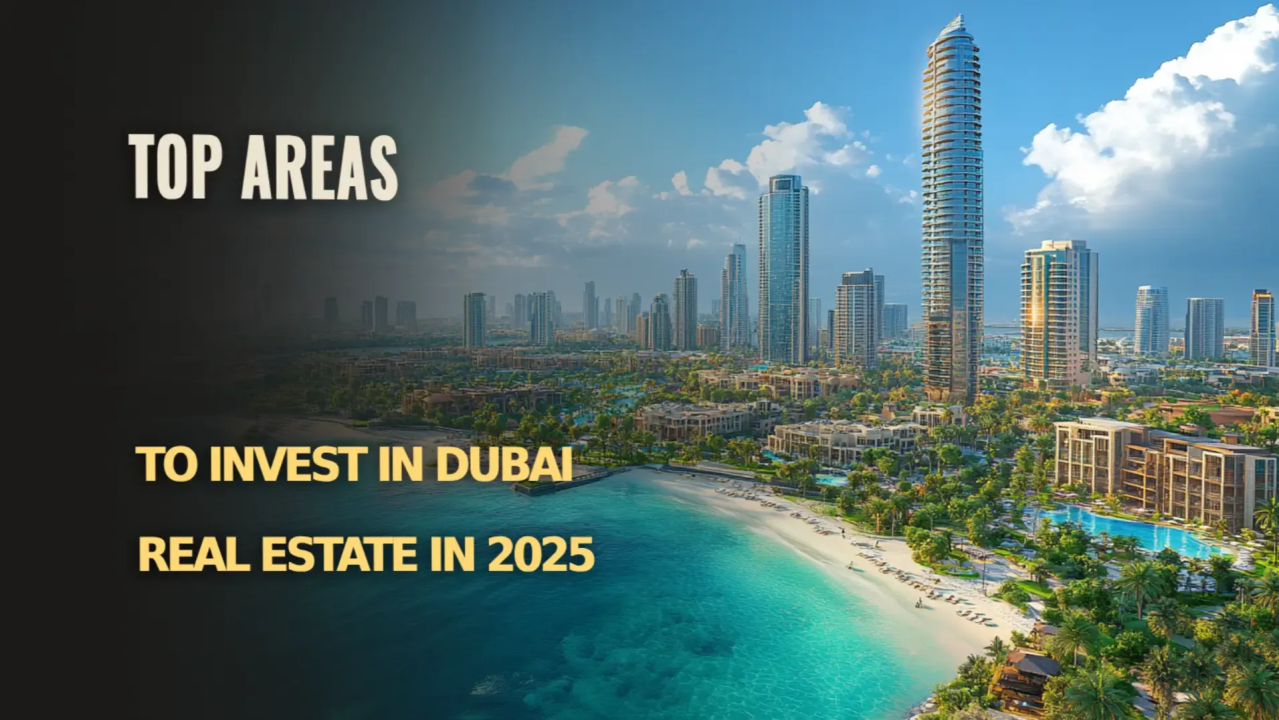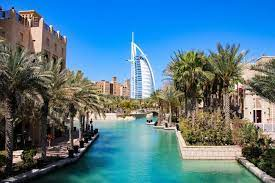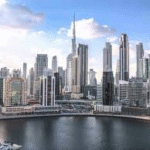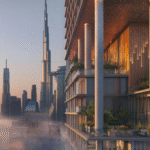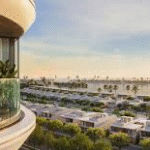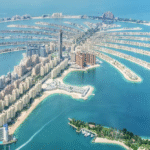Now Reading: Is Buying Property in Dubai Safe for Foreigners in 2025?
-
01
Is Buying Property in Dubai Safe for Foreigners in 2025?
Is Buying Property in Dubai Safe for Foreigners in 2025?
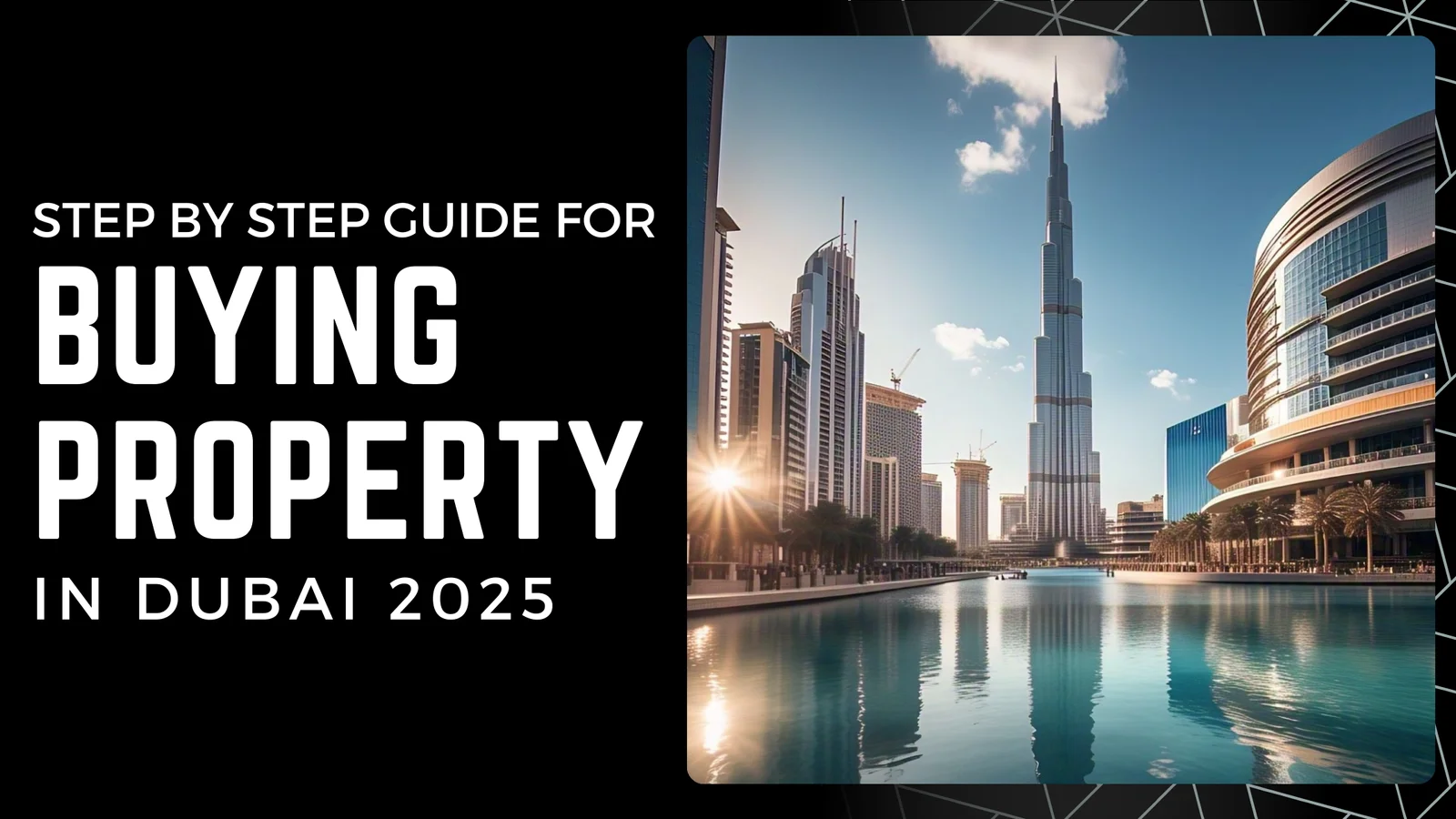
Table of Contents
Buying Property in Dubai : Dubai’s real estate market in 2025 is booming, with 94,000 residential transactions worth AED 262.7 billion in H1, up 23.04% year-on-year. Foreigners are drawn to freehold zones offering 6–12% rental yields, 5–15% capital appreciation, and tax-free returns, enabled by Decree No. 3 of 2006. With a growing expat population of 4 million, 25 million annual tourists, and infrastructure like the Blue Line Metro, Dubai is a global investment hub. However, concerns about legal protections, fraud, and market risks persist. This article evaluates the safety of buying property in Dubai for foreigners in 2025, addressing regulatory safeguards, risks, and strategies to ensure a secure investment.
Why Buying Property in Dubai Is Safe for Foreigners
Dubai’s real estate market is one of the safest for foreigners due to robust regulations, transparency, and investor-friendly policies. Below are the key factors ensuring safety:
1. Strong Regulatory Framework
The Dubai Land Department (DLD) and Real Estate Regulatory Agency (RERA) oversee transactions, ensuring transparency and compliance. Freehold ownership in designated zones like Dubai Marina, Jumeirah Village Circle (JVC), and Business Bay grants foreigners perpetual rights, transferable to heirs, under Decree No. 3 of 2006. Escrow accounts for off-plan properties, mandated by Law No. 8 of 2007, protect buyer funds by restricting developer access until construction milestones are met. In 2024, DLD reported 99% compliance among developers, minimizing fraud risks. Title deed verification via the DLD portal ensures clear ownership, reducing disputes.
2. Developer Accountability and Escrow Protection
Reputable developers like Emaar, Nakheel, and DAMAC dominate the market, with DLD’s developer rating system tracking their delivery history. For off-plan projects like Creek Waters II (AED 1.7 million), escrow accounts safeguard deposits (e.g., AED 170,000 for a 10% deposit), ensuring funds are used solely for construction. DLD’s project tracker monitors progress, and penalties for delays (up to 1% monthly) are outlined in sales purchase agreements (SPAs). In H1 2025, off-plan sales accounted for 63% of transactions, reflecting buyer confidence in regulated projects.
3. Transparent Transaction Process
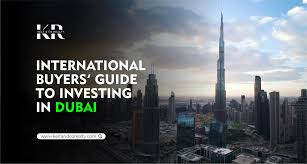
All property transactions are registered with DLD, requiring a 4% transfer fee (often split), registration fees (AED 4,200 for properties over AED 500,000), and a signed SPA. RERA-registered agents, verifiable via the Dubai REST app, facilitate secure deals, with 2% commission plus 5% VAT. For ready properties, no-objection certificates (NOCs) confirm no outstanding dues. In 2024, DLD’s anti-fraud campaigns flagged fake listings, reducing scam risks by 80%. Buyers can verify title deeds and developer credentials online, ensuring transparency.
4. Stable Market and Economic Backing
Dubai’s economy is resilient, with a projected 3.5% GDP growth in 2025, driven by tourism and trade. Freehold zones like Dubai Hills Estate and Palm Jumeirah offer 6–10% yields and 5–15% capital gains, supported by 90%+ occupancy rates. The absence of personal income or capital gains taxes maximizes returns (e.g., AED 160,000/year tax-free from a AED 2 million Dubai Marina apartment). Infrastructure projects like the Blue Line Metro and Etihad Rail boost property values, with metro-adjacent areas seeing up to 26.7% appreciation historically.
5. Golden Visa for Long-Term Security
Investments of AED 2 million or more in freehold properties qualify foreigners for the UAE’s Golden Visa, granting 10-year renewable residency for the investor, spouse, unmarried daughters, and sons under 25. This provides legal stability without sponsorship, with processing fees of AED 9,884.75 for the primary applicant (AED 5,774.50 per family member). Properties like villas in Dubai Hills Estate (AED 3.5 million) or apartments in Downtown Dubai (AED 2.5 million) ensure both residency and ROI, enhancing investment safety.
Potential Risks and Mitigation Strategies
While Dubai’s market is generally safe, foreigners should be aware of potential risks and take precautions:
1. Developer Delays in Off-Plan Projects
Off-plan projects, like Bugatti Residences in Business Bay, carry risks of construction delays, with 5–10% of projects delayed in 2024. Mitigation: Choose developers with high DLD ratings (e.g., Emaar, Nakheel) and verify escrow accounts via the DLD portal. Review SPAs for delay penalties and monitor progress via DLD’s project tracker.
2. Fraud and Fake Listings
Scams, such as fake Golden Visa offers or fraudulent listings, persist, with DLD reporting 150+ cases in 2024. Mitigation: Work only with RERA-registered agents (check BRN via Dubai REST app) and verify title deeds or escrow accounts with DLD. Avoid unverified platforms or deals requiring large upfront payments.
3. Market Fluctuations
While stable, Dubai’s market can face oversupply risks in emerging areas like Dubai South, potentially softening yields. Mitigation: Focus on established zones like Dubai Marina or JVC with proven demand (90%+ occupancy). Use DXB Interact and Property Finder to track pricing trends and target high-growth areas like Business Bay (8–12% capital gains).
4. Hidden Costs
Unexpected costs, such as service charges (AED 7–30 per sq. ft.) or maintenance (1–2% of property value), can erode returns. Mitigation: Budget 6–8% of purchase price for fees: 4% DLD transfer fee (often split), 2% agent commission plus 5% VAT, and registration fees. For mortgages, include 0.25% loan fees plus AED 290.
5. Currency Exchange Risks
Foreigners transferring funds face currency fluctuation risks. Mitigation: Use UAE-based forex services to lock in exchange rates. Plan transfers in advance and consult financial advisors to minimize losses.
Strategic Tips for Safe Investment
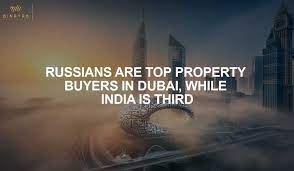
- Choose Established Developers: Invest with trusted names like Emaar, Nakheel, or Binghatti, with proven track records. Verify credentials via DLD’s developer ratings.
- Target High-Demand Zones: Focus on Dubai Marina (6–10% yields), JVC (7.5–9.3%), or Business Bay (7–9%) for stable returns and high occupancy.
- Leverage Tax Benefits: Hold properties individually for tax-free gains or use DIFC/DMCC free zone companies to minimize 9% corporate tax on rentals over AED 375,000.
- Engage Professionals: Hire RERA-registered agents and legal advisors to review SPAs and ensure compliance with DLD and RERA regulations.
- Optimize Financing: Use 50–70% mortgages for non-residents (3–5% rates) or off-plan payment plans (e.g., 60/40) to reduce upfront costs. Verify payment milestones via DLD.
- Monitor Market Trends: Use DXB Interact, Property Finder, and DLD data for pricing insights. Track infrastructure updates (e.g., Blue Line Metro) via the RTA Dubai App for appreciation potential.
- Plan for Rentals: Optimize yields via Airbnb in tourist-heavy areas (Dubai Marina) or long-term leases in family-friendly zones (JVC), using the Dubai Smart Rental Index 2025.
Conclusion
Buying property in Dubai in 2025 is safe for foreigners due to a robust regulatory framework, escrow protections, transparent transactions, a stable market, and Golden Visa benefits. Freehold zones like Dubai Marina, JVC, and Business Bay offer 6–12% yields and 5–15% capital gains, backed by DLD and RERA oversight.
While risks like developer delays or fraud exist, they can be mitigated by choosing reputable developers, verifying credentials, and engaging RERA-registered professionals. By leveraging market tools like DXB Interact and budgeting wisely, foreigners can confidently invest in Dubai’s thriving real estate market, securing financial returns and long-term stability.
read more: Top Dubai Neighborhoods Foreign Investors Are Targeting in 2025



